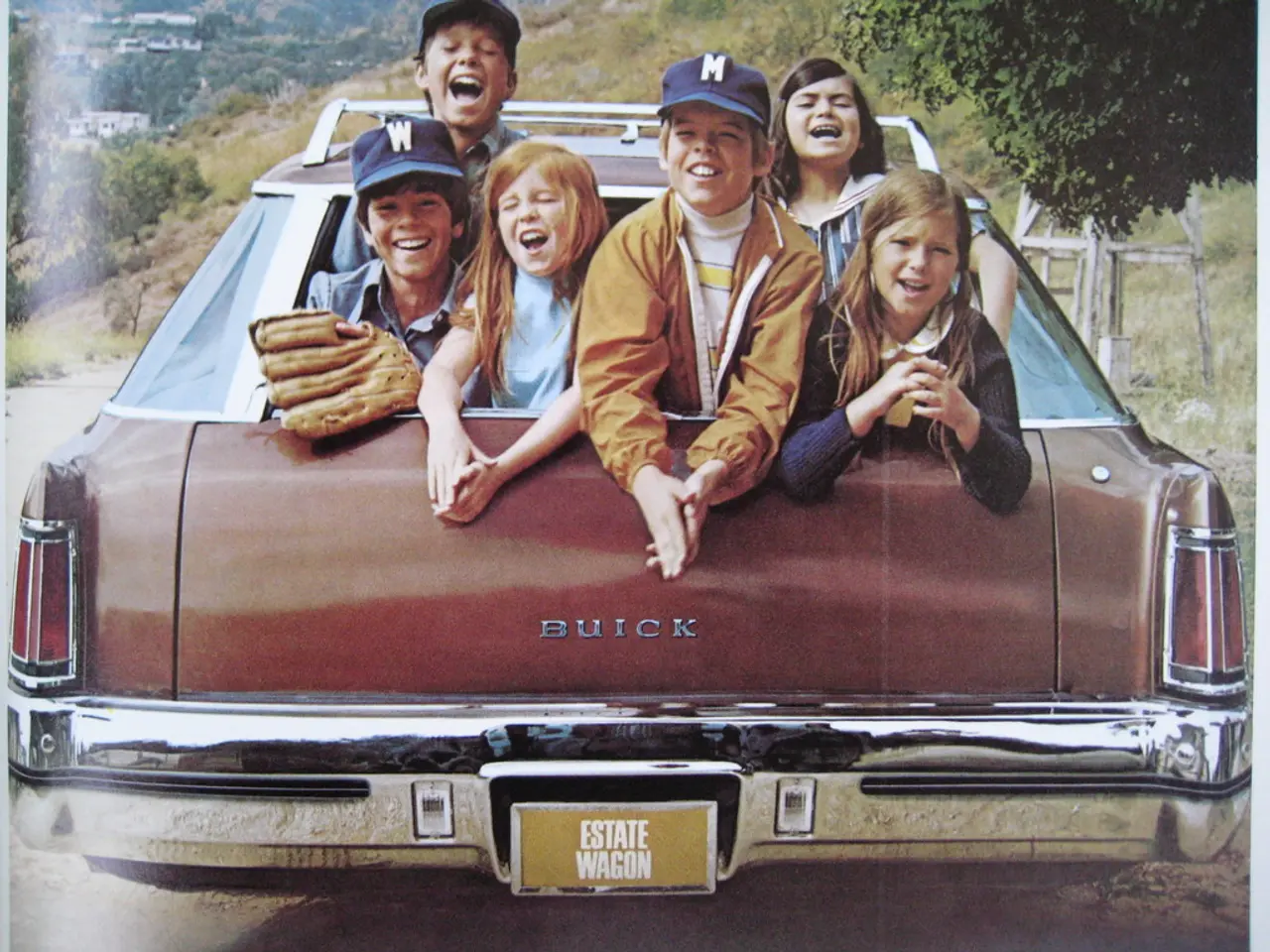Strategies for Consoling a Child in a Car Accident Incident
Navigating the aftermath of a car accident can be a challenging experience, especially for children. Here are some key strategies to help children cope with the emotional impact of a non-serious collision.
Creating a Supportive Environment
To help a child recover, it is essential to create a supportive, safe environment where they feel heard, understood, and validated. Encourage the child to express their feelings in ways that are comfortable for them, such as talking, drawing, writing, or play.
Open Communication
Let the child know their feelings are normal and welcome. Make space for them to share at their own pace without pressure. It's important to offer comfort when needed and keep things steady for the child, but without making a big deal of it.
Encouraging Expression
If verbal expression is difficult, use creative outlets like drawing or play to help process emotions. Avoid forcing the child to “fix” their feelings but listen with empathy and patience.
Monitoring Behavior
Be attentive to changes such as increased anxiety, sleep difficulties, or behavioral changes that could indicate unresolved trauma. If concerns persist, consulting a child's doctor is recommended to consider recovery pathways.
Professional Help
Early intervention with trauma-informed therapy can prevent long-term emotional difficulties and promote healing. Therapists may use age-appropriate therapies involving storytelling, play, or art to help the child process experiences safely.
Normal Journeys
Short, simple drives, such as going for a food treat, the school run, or grocery shopping, can help rebuild a sense of normality after a collision. These trips can be beneficial in gradually reintroducing a sense of normality to driving, which can be especially helpful for a child's emotional recovery.
Reassurance
In the immediate aftermath of a collision, it's more about being present than explaining what happened to the children. Simply staying close, keeping your voice steady, and letting them feel held can be comforting.
While the accident was non-serious physically, respecting the child's emotional experience is crucial for their overall well-being. Trauma-informed psychological support is widely recognized as best practice for pediatric injury recovery.
Sources:
- Psychology Today
- Child Mind Institute
- Road Safety Authority
- American Psychological Association
- National Center for PTSD
Engaging in a diverse range of activities such as science, health-and-wellness, parenting, general-news, and discussions on accident prevention can provide opportunities for children to process and cope with their emotional experiences after a car accident. Seeking professional help from trauma-informed therapists, as recommended by established authorities like Psychology Today, Child Mind Institute, Road Safety Authority, American Psychological Association, and National Center for PTSD, can offer additional support for a child's overall well-being and emotional healing.




